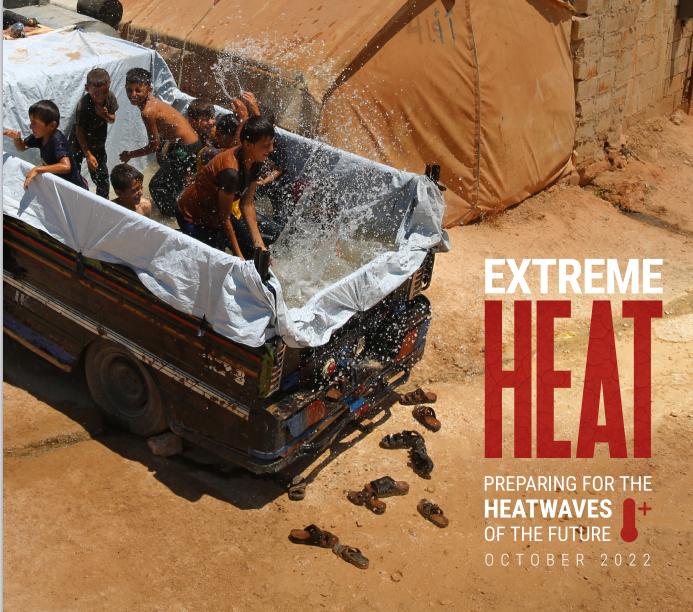
Climate change is already having severe impacts across our planet, bringing new and previously unimaginable challenges to the people least responsible for greenhouse gas emissions.
This report, the first we’ve released jointly in the history of our organizations, provides a sobering review of how just one of those challenges – the increase in deadly heat-waves – threatens to drive new emergency needs in the not-so-distant future.
The findings are startling and disturbing. Heatwaves already kill thousands of people every year, and they will become deadlier with every further increment of climate change. We hope this report serves not only as a wake-up call but also as a road map. Heatwaves demand a humanitarian response that is locally grounded, that acts quickly on the basis of data and analysis, and that works in partnerships with local governments, civil society and development actors to protect the most vulnerable people.
The challenge is daunting, but there is demonstrable success to build on, including from developing countries.
But even as we seek to improve our emergency response to extreme heat, let us be clear: This is not a problem that humanitarian organizations can solve alone. The urgent priority must be large and sustained investments that mitigate climate change and support long-term adaptation for the most vulnerable people. Without those investments, we are destined for a future of ever larger and deadlier heat disasters.
Access Link: https://ikcest-drr.osgeo.cn/static/upload/2a/2a776a62-b668-11ee-9315-00163e059c63.pdf
Comment list ( 0 )
